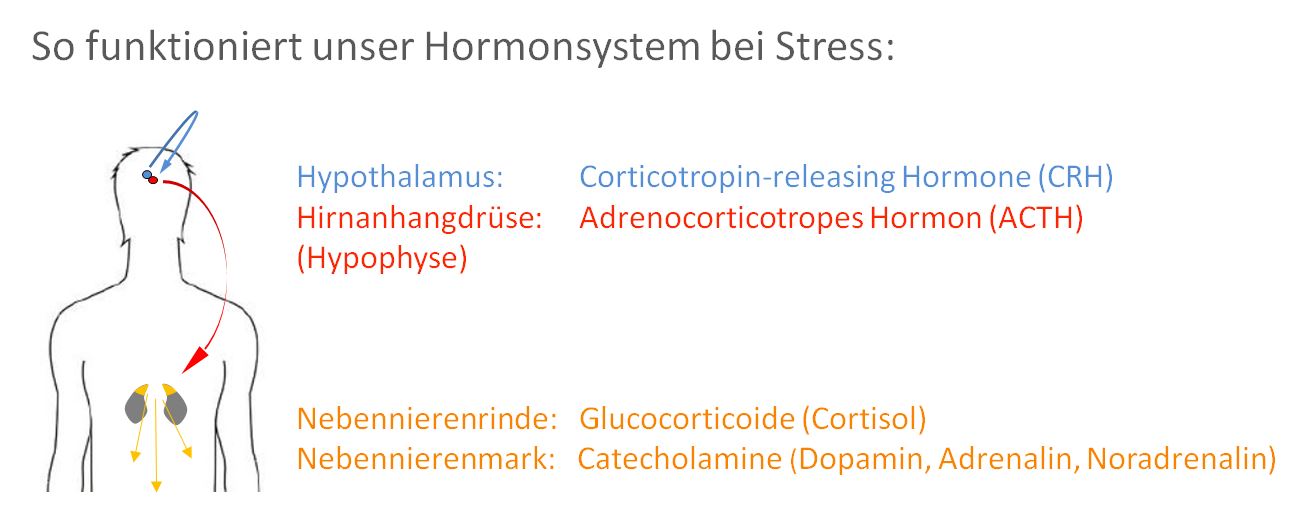When stress gets under your skin
Do you experience stress at work, or even during the holidays?
How does our skin react to stress and does stress age us more quickly? Here in Mibelle Biochemistry’s active ingredient research department we posed these questions and found interesting links between mental stress and skin problems.
Active cosmetic ingredients to combat stress?
It’s clear to me that sustained mental stress such as worry, an annoying boss/partner/children, or frustration can make us look years older in just a few months. These years show on our faces, for example. As a biochemist I wonder what biochemical reactions are occurring in the brain and how these might affect my skin. As a cosmetics chemist, I then ask myself whether there is something I can do with active cosmetic ingredients to counteract this.
Stress activates the hormones
Our body’s endocrine system reacts to stress by releasing neurotransmitters, hormones and cytokines into the bloodstream. Everyone knows about the adrenaline rush you get when you do a parachute jump, or in similar thrilling situations. Such acute stress may have a positive effect and activate the immune system.
If stress is long-term and chronic (often with psychological causes), on the other hand, this weakens our immune system and we suffer from more illnesses. With regard to the skin this means that we are more prone to bacterial and viral infections (herpes), eczema, psoriasis outbreaks, or generally have more sensitive skin which is more inclined to redness and irritation.
To put it simply we can describe the hormone reaction to stress as follows:
- First the hypothalamus is stimulated, which releases the corticotropin-releasing hormone (CRH) (see diagram).
- This hormone then stimulates the pituitary gland to release adrenocorticotropic hormone (ACTH), which triggers release of cortisol, a glucocorticoid, by the adrenal cortex.
- The adrenal medulla is stimulated to produce adrenaline and noradrenaline.

Negative effect of glucocorticoids on important skin cells
Above all chronic mental stress causes an increase in the presence of glucocorticoids. These hormones inhibit the differentiation in skin cells, which disrupts the skin’s barrier function. This results in infections and impaired healing ability. It is amazing how a stressful situation, such as mobbing at work, within a very short time can lead to extensive skin problems as the result of release of semiochemicals.
Cactus extract reduces redness and itchiness
In our research laboratory we investigated other reactions in skin cells following release of stress hormones. The skin contains special cells, such as mast cells, which include receptors for the various stress hormones on their surfaces. If these receptors are stimulated the mast cells, for example, release histamine, which causes an inflammation. Sensory nerve cells in the skin are activated at the same time, releasing the stress factor CGRP, which causes our skin to redden, be prone to irritation and to itch.
As a result of our research we have now developed an extract from the prickly pear which in cell culture tests reduced the release of CGRP from stressed sensory nerve cells in the skin. This cactus extract is therefore especially suitable for reducing skin irritation, which we have also proved in various clinical trials on test subjects.
These results far from exhaust our research into stress and its impact on skin though. In future, skin problems caused by chronic mental stress will increase, as will cases of burn out. This is why this topic remains on our list of priorities.









